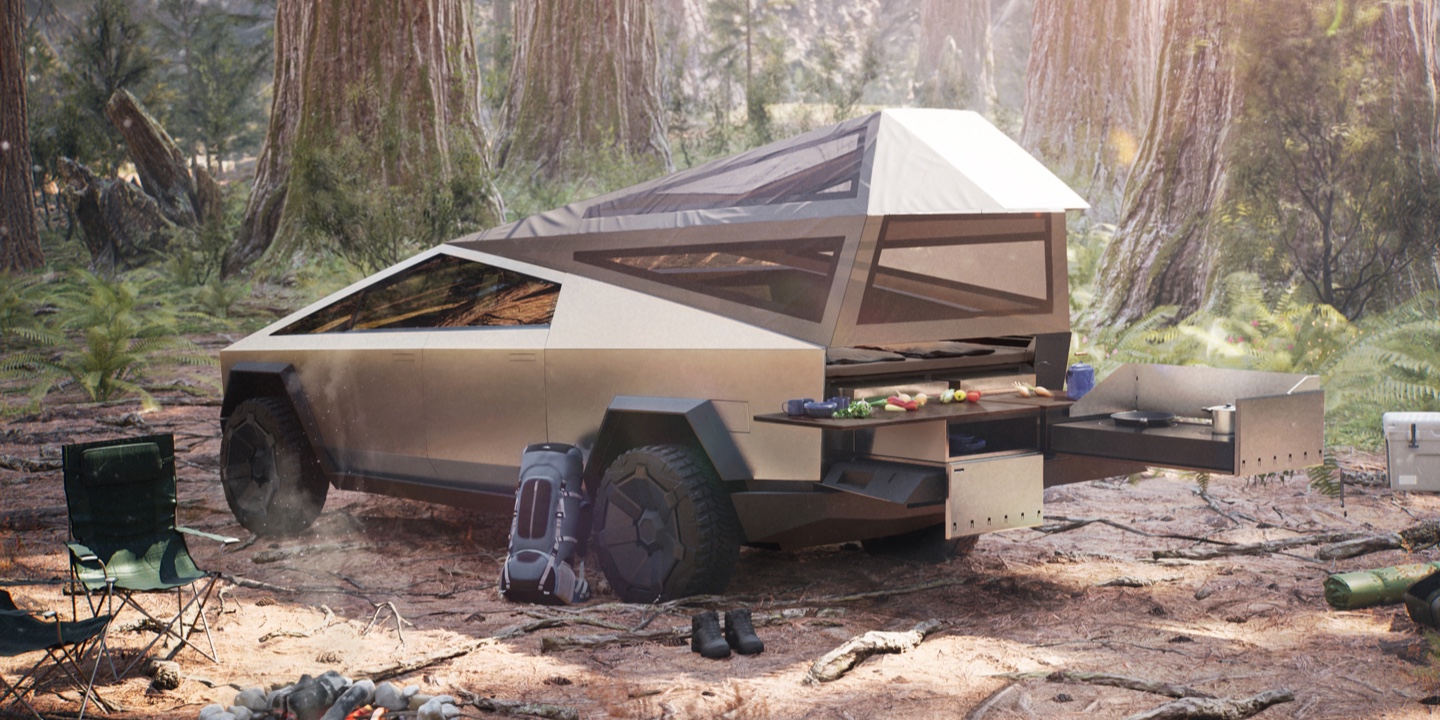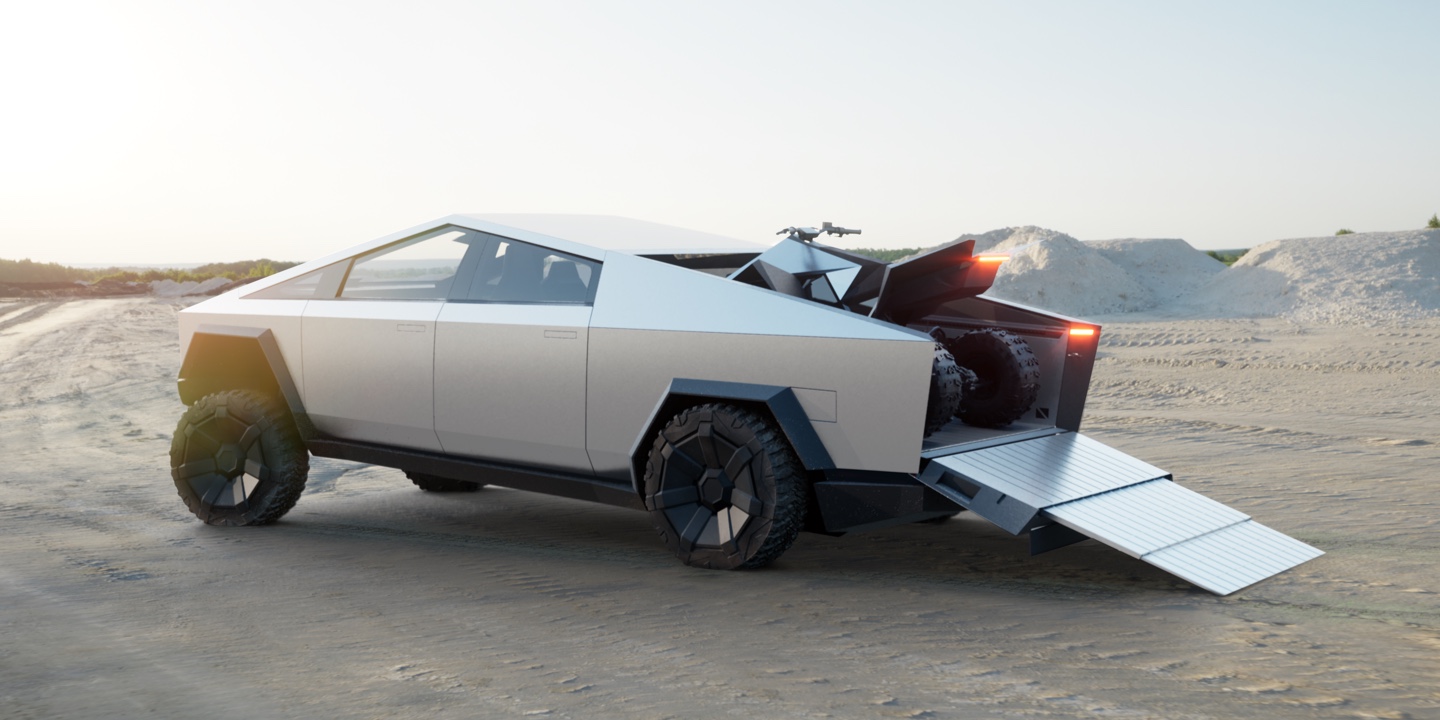
Every time I hear the term “serial entrepreneur” or “startup entrepreneur,” the warning signals go off. It makes me wonder why someone would keep starting businesses, rather than hanging around long enough to grow them.
It’s not that I have anything against the idea of launching a new business. I’ve been fortunate enough to do it twice, with both Jacobs Media and jacapps, so I know the trials, the tribulations, and the tsuris (there’s that word again) that go with the process of starting an enterprise from scratch. I have nothing but respect for those who give up a steady paycheck in order to roll the dice on themselves.
It can also be exciting to kick off something new – the biz plan, the logo, the website, the app, the goals, the research, the ups, and the downs. Thanks to media like Fast Company, CNBC, and Inc., we often glamorize startups, especially entrepreneurs who take a “garage band” approach to their hot new concepts. We fantasize about Tesla, Instagram, and Uber – companies that seem to come out of nowhere, and end up dominating a space – often one that previously never existed.
Of course, for every startup that makes it, goes public, and rewards its inventors, angels, and early stage investors, there are thousands that belly flop on the launching pad – if they even get that far. The road is littered with faulty business plans and lame elevator pitches that proved to be great PowerPoint decks, but bad businesses.
Yet, we respect the process – even reward it and glorify it. At its core, that’s what Shark Tank is all about – a lone knight up against the predatory questions and manipulations of carnivores like Mark Cuban, Kevin O’Leary, Lori Greiner, and the others charmers on the show. They have the success we all crave, and yet, we have to run through their gauntlet to prove ourselves – just like they all did.
So I was intrigued when I ran across one of those “3 Actionable Insights” features in The Drum with Simon Sinek, because he spoke to that entrepreneurial passion many of us aspire to. But he did it in a way that might make anyone feel like they’re running a startup.
First, a word about Simon, a truly interesting character. He’s a marketer, a philosopher, an author, and a teacher who I often find myself pointing to when talking about a radio brand’s purpose – its raison d’être.
Simon’s “Start With Why” premise has been highlighted in this blog before. (His 18 minute “TED Talk” on the topic is at the end of today’s post.)
Simon is at once provocative and inspirational. And these days – pandemic and all – he’s embraced a new sense of optimism as the “ability to focus on where we’re going, not where we’re coming from.” Those are important words in the teeth of an economy that is leaving millions out of work, along with companies struggling to stay in the game.
going, not where we’re coming from.” Those are important words in the teeth of an economy that is leaving millions out of work, along with companies struggling to stay in the game.
Simon’s first insight is to “Double down on ‘good leadership’.” We’ve seen that quality in action from the first days of COVID-19. The very best leaders we know and work with were first checking on the team. “Are you OK?” and “How is your family” are those all-important opening questions.
And Simon suggests that focus on the team shouldn’t just happen in a state of emergency. That’s why it’s important that strong leadership in the form of concern about the well-being of those who work for you and with you comes before we start asking about performance measures, sales, and profits.
His second insight is one the best business people adhere to: “Put the customer at the front of the equation, not yourself.” This is the philosophy Jeff Bezos embraced at Amazon, so you have to like the result.
Simon warns against those inward questions, like “How can we monetize this?” or “How many spots can we get away with?” When we put the listener (and the advertiser) at the center of the conversation, your focus becomes external. And that’s usually the formula for success.
But it was Simon Sinek’s last insight that truly resonated with me, and hopefully for you as well.
“It doesn’t matter how mature your company or your industry is, you are a startup.”
Let that one settle in.
In our COVID world where nothing is “normal” anymore, we’ve talked extensively about pivots, rather than “business as usual.” For smart businesses that have been calling audibles for months now, rethinking the givens has never been more important.
Simon talks about ditching the playbook, and treating your radio station (OK, think bigger – the radio industry) as a startup.
If we were bringing radio to market today, what would it look like? What would it mean to start over?
He makes the point that it was easier for Tesla’s Elon Musk to master electrification in cars than for heritage companies like Toyota, Ford, and GM to pull off that same innovation. That’s because they’re in the business of manufacturing internal combustion powered vehicles. Tesla’s mission was to build a different kind of vehicle – and in so many ways, they have.

The company’s new Cybertruck is designed to have the same impact. Musk was recently asked on the Automotive News podcast about the type of audience research conducted when this vehicle was still on the drawing board:
“Customer research? We just made a car we thought was awesome and looks super weird. I just wanted to make a futuristic battle tank — something that looks like it could come out of Blade Runner or Aliens or something like that but was also highly functional.”
In a story in Electrek, he explained:
“The goal is to kick the most amount of ass possible with this truck.”

That’s not a quote you’d typically hear from Ford, GM, or Honda.
The Tesla Cybertruck doesn’t look like any vehicle we’ve ever seen before. And that’s precisely the point. When you do a true startup, the big goal is to come up with an idea, a concept, or a product that is truly novel. Capturing a few “Oh wow’s” along the way isn’t so bad either.
Simon refers to the need for all companies to take on a “startup mentality.” And that could be especially timely given the continued presence of a pandemic that has decimated and disrupted one business and industry after another.
 We often talk about S.W.O.T. analyses for individual radio stations, but what if we did one for the entire industry? What would that look like? How would we chart radio’s current strengths and weaknesses, as well as skywriting new opportunities, and playing a serious game of “devil’s advocate” to realistically identify our growing number of threats?
We often talk about S.W.O.T. analyses for individual radio stations, but what if we did one for the entire industry? What would that look like? How would we chart radio’s current strengths and weaknesses, as well as skywriting new opportunities, and playing a serious game of “devil’s advocate” to realistically identify our growing number of threats?
What would radio be like if we treated it like a startup, and were launching it from scratch?
Would there be shows divided up by dayparts set by the ratings company?
Would there even be ratings or metrics, and how would they be gathered?
Would all talk stations be populated by conservative hosts?
Would stations be ad supported, would they be subscription supported, or might they use a platform like GoFundMe or Patreon?
Would stations only break twice an hour? And would they run 10, 12, or 14 minutes of commercials an hour?
Would stations be doing all those time checks?
Would we care on where, how, or when our content is consumed as long as there was a “totals” metric that captured it all?
Would there be a new lexicon to replace outmoded terms like DJs, dayparts, time-spent listening, cume, rotations, and so many others?
Would public radio stations fundraise by doing pledge drives?
Would format searches be limited to the same finite number of options? Would there even be formats?
Instead of ratings, what if we calculated the value of average users to our advertisers?
What role would the audience play – in terms of content creation or interactivity?
Could we use our brand equity to develop tangential businesses in which our fans could engage (concerts, e-commerce, games, travel, merch, etc.)?

That’s my first salvo. I’m betting most of you reading this post might have questions of your own – far different than mine.
And that’s the point of a S.W.O.T. analysis, and being brave enough to start from scratch.
If we were truly treating radio like a startup, we’d “whiteboard” many of these issues and questions, taking them one at a time.
Now I realize mature industries have certain performance levels to meet, making it difficult – if not impossible – to simply pivot an entire business model in a quarter or two.
But aren’t those the same “Yeah, buts” we hear in brainstorm sessions all the time, even though we’re instructed to suspend all judgments?
It was that “But we’ve always done it this way” mindset that helped do in Lord & Taylor, Gold’s Gym, Neiman Marcus, J. Crew, Hertz, GNC, Brooks Brothers, Ann Taylor, Lane Bryant, and Sur La Table, and California Pizza Kitchen – all of which declared bankruptcy since the days when we first started using terms like pandemic, “new normal,” and Dr. Fauci.
And it’s far from over. There will be scores of more brands that will call it quits before 2020 has come to a grateful end.
We’re not talking just about the thousands of small shop owners that will shutter their businesses, but major national brands that have been part of  our lives, in most cases, for decades.
our lives, in most cases, for decades.
Let’s not be one of them.
COVID-19 is devastating, a once in a lifetime disaster. But it also provides us with the opportunity to not just stay on the air and work from home, but to do something magical on these “invisible airwaves that crackle with life.”
So let’s fill in the blank:
“If radio was a startup….”
Here’s Simon’s TED Talk, “Start With Why.” It’s now 10 years-old, and has racked up more than 20 million views.
- Appreciating What We Have (When Our Lives Aren’t In Jeopardy) - January 30, 2025
- AI: Oh, The Humanity! - January 29, 2025
- Apparently, You DO Need A Local Weatherman (Or Woman) To Know Which Way The Wind Blows - January 28, 2025




Radio startups are the most exciting. We scope the potential, set the stage, brand something new, make the presentation and it takes off through public reception and positive inertia. But, it has to be consistently great. You only get one chance at starting up!
True that, Clark!
…and we’ve been thru one of those, haven’t we, Clark?!! “Magic plays more softrock!” Good times(while they lasted, loll
Really good and thought provoking article Fred. In a microcosm, every-time there is a format flip, it’s a startup. So in a way, radio folks have probably been through more ‘startups’ than most businesses.
Maybe revisit the brokered station idea, this time sell your time to podcasters instead of dollar a holler preachers or other charlatans like you hear on weekend talk radio.
“Would all talk stations be populated by conservative hosts?” Better yet, would all talk stations be populated by politics? My mentor and former employer Walter Sabo tried to warn us, but no one was really willing to endanger the cash and sacred cow of AM political talk radio. Live with it.
I say reinvent it and let it startup. Hand over the keys to an underperforming stick to a bunch of teens or early twenty somethings and let them reinvent it and do what ever the hell they wanted. Kind of like what happened to early FM and what then became AOR. Something good may come out of it, and if not, you could always go back to more variety and the greatest hits.
How about an actual all request radio station. Hire a script kiddy, make a few apps and let the users actually pick the music via phone and web. Let them record audio and push it to the station to use and the listener becomes the DJ.
OK, I’ve had enough. I have to keep reminding myself I don’t do radio anymore.
jf
You may not “do radio” anymore, but the engine is very much still running. Thanks for the thoughtful response, John. It is conversations that I most enjoy about writing a blog.
There are immense opportunities to rethink radio. I’m reminded of Judith Cary Waller.
https://en.wikipedia.org/wiki/Judith_C._Waller
“While on her trip through Europe, Waller met Walter A. Strong, who was the business manager of the Chicago Daily News. Hoping to work in journalism, she asked Strong for a job. Strong phoned her one evening saying that the Daily News had just bought a radio station; he offered Waller the job of managing it. When she admitted to Strong that she didn’t know what a radio station was, his cheerful reply was, “Neither do I. But come on down and we’ll find out.”[6] Waller was hired in February 1922. ”
Today radio has an incredible opportunity to reclaim its past. Television has moved on from a great deal of what was borrowed from radio. Radio also has the opportunity of going back to top-40 where local popularity dictates a cross-genre playlist and the DJ becomes a companion marveling at what people seem to like.
I love the Judith Waller story, Bob. It speaks to the spirit that we so need in the radio business – then and now. Thanks for engaging here, and I appreciate the comments.
Best line in the article was Elon Musk’s response about the customer research that went into his latest vehicle: ““Customer research? We just made a car we thought was awesome”!
Think back, wasn’t radio (and TV) at its best when visionaries like Musk just “knew great radio,” put it on the airwaves, and we enthusiastically found it?
That’s not at all to take away from the importance of research–it will always have its role–but it is to say radio needs some true visionaries willing to say, “Hey, this is awesome, let’s do it,” rather than just timidly doing “what everyone else” is doing. Too much radio has looked like the latter for several decades and no one seems to know how to quite get out of that spiral. I like the idea of scrapping what’s not working and going back to the drawing board.
As Mick and the boys would say, “Start me up”!
As a lifelong radio researcher, David, I learned way back in the first few weeks that it is virtually impossible to test a concept, format, or personality that people have not experienced before. This is why despite no shortage of research, the TV networks and movie studios produce so few bona fide hits.
I loved the Musk quote, too. If you hire great radio people – or better yet, great entertainers – the chances are excellent they’ll put together an outstanding product. That may sound like an over-simplification, but it generally works that way.
Radio often shies away from risk, but loves to copy winners when one breaks through. And if you liked today’s post, tomorrow’s takes a similar approach to end up in pretty much the same place. See you then.